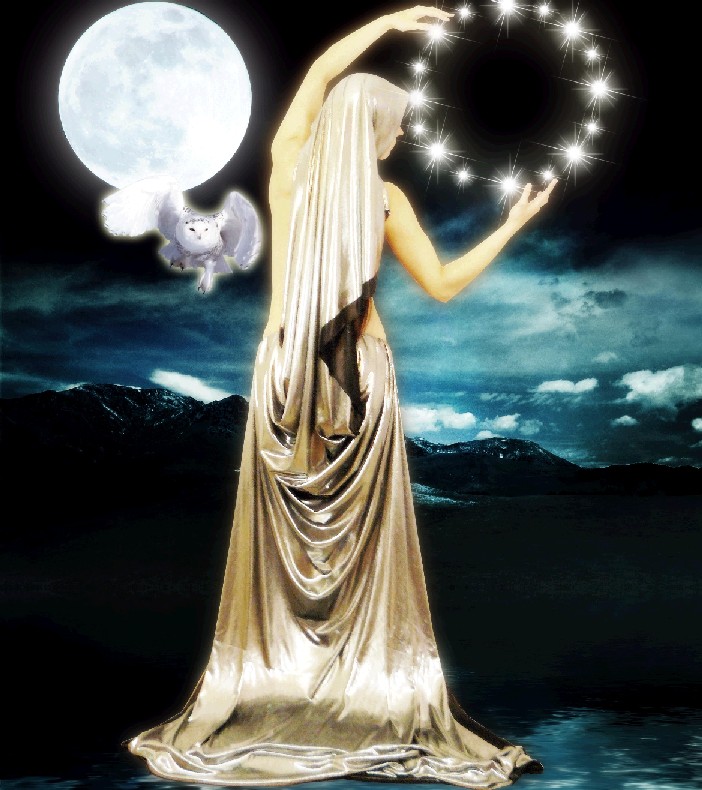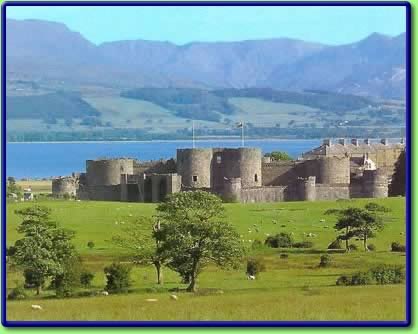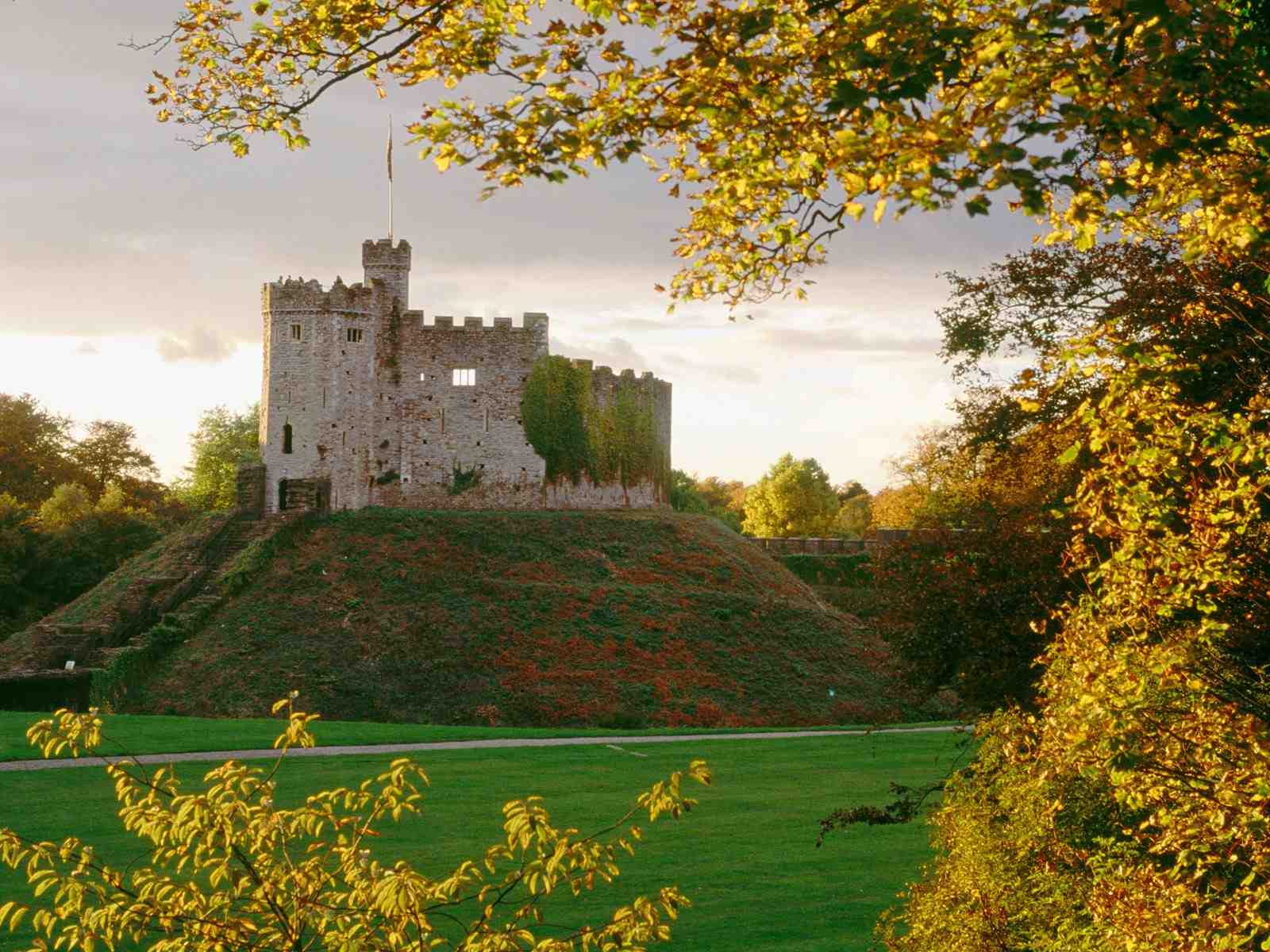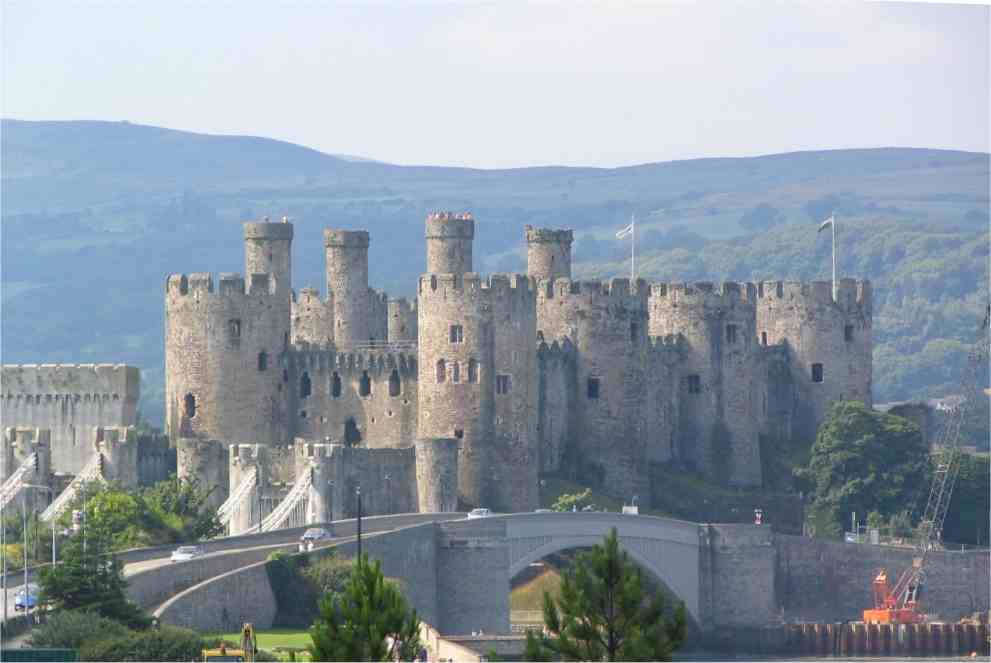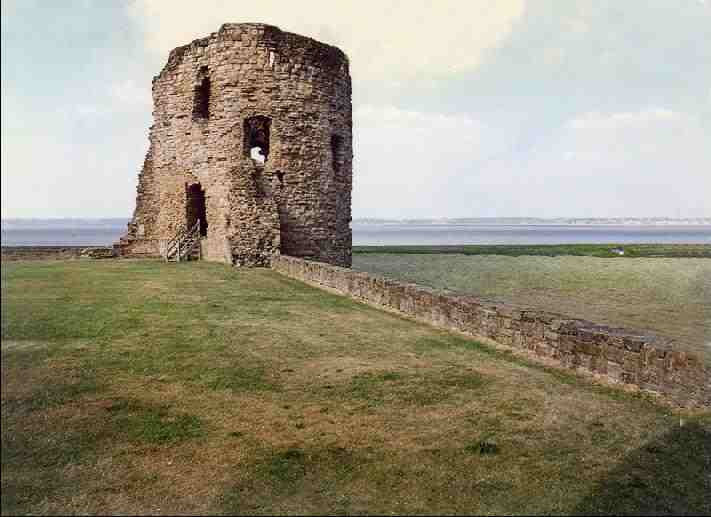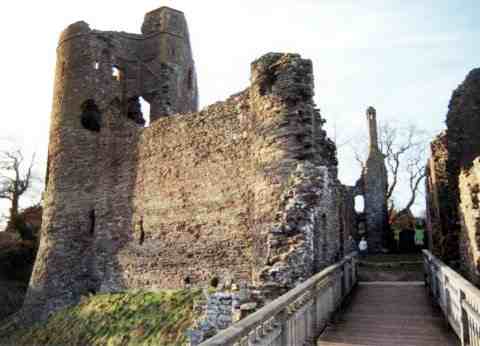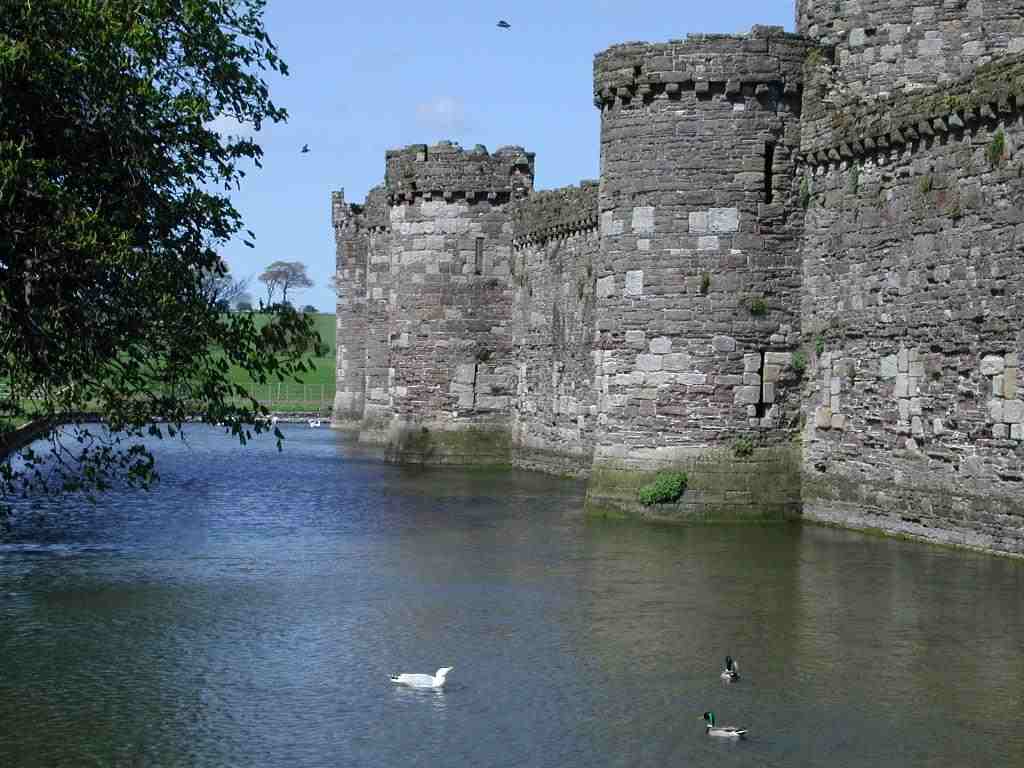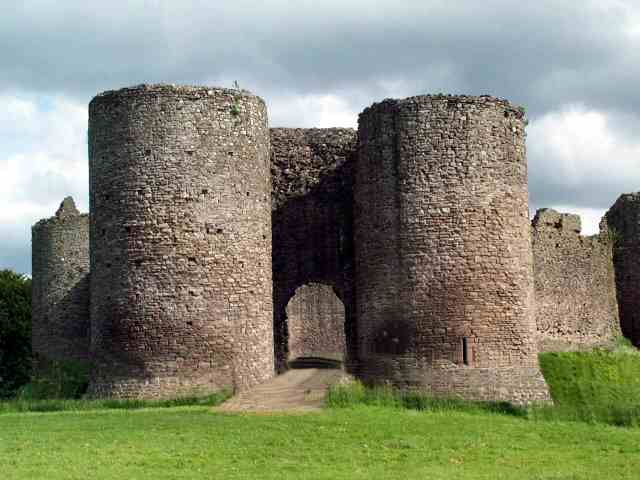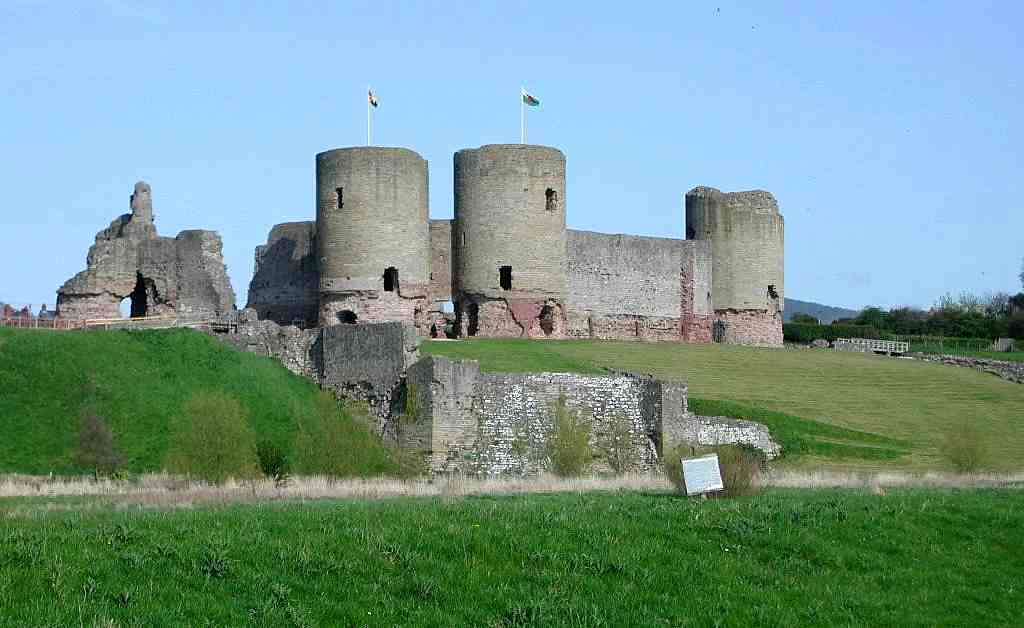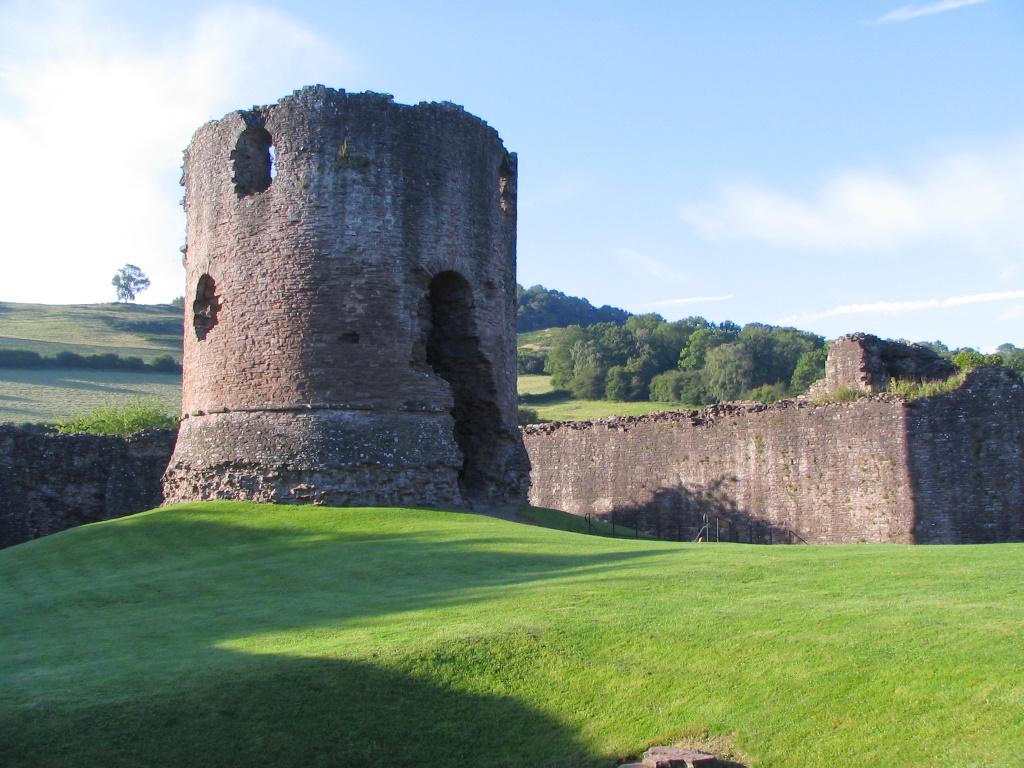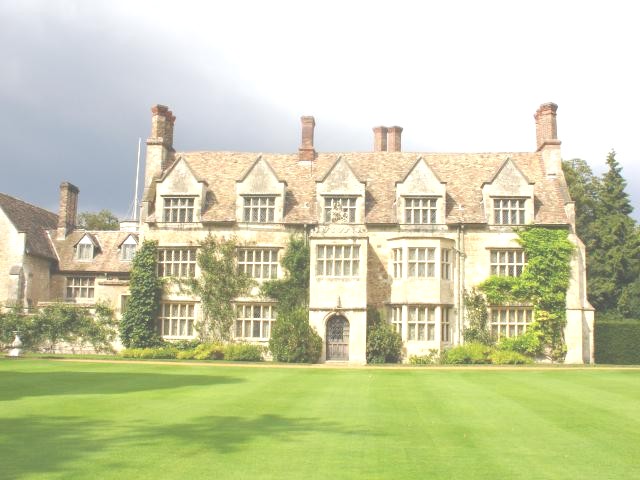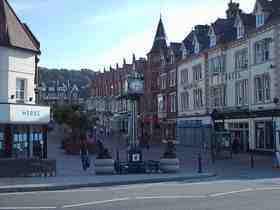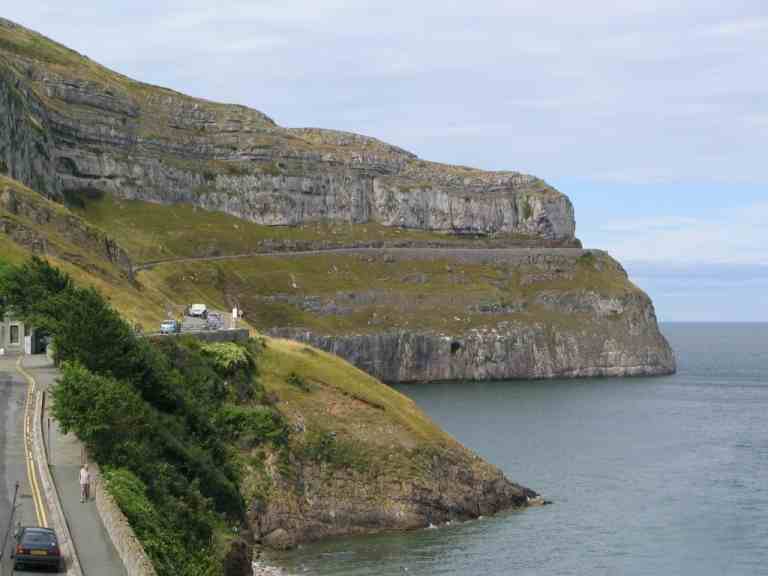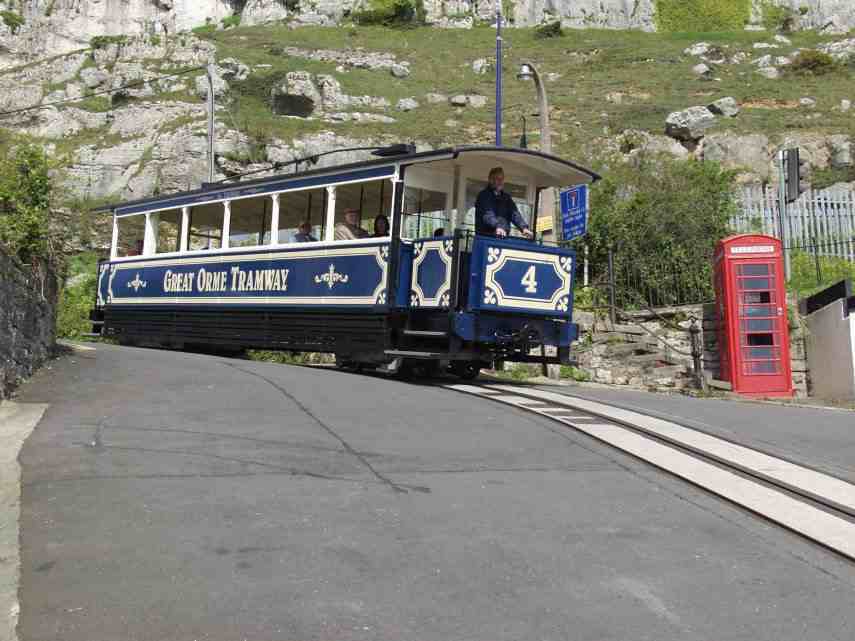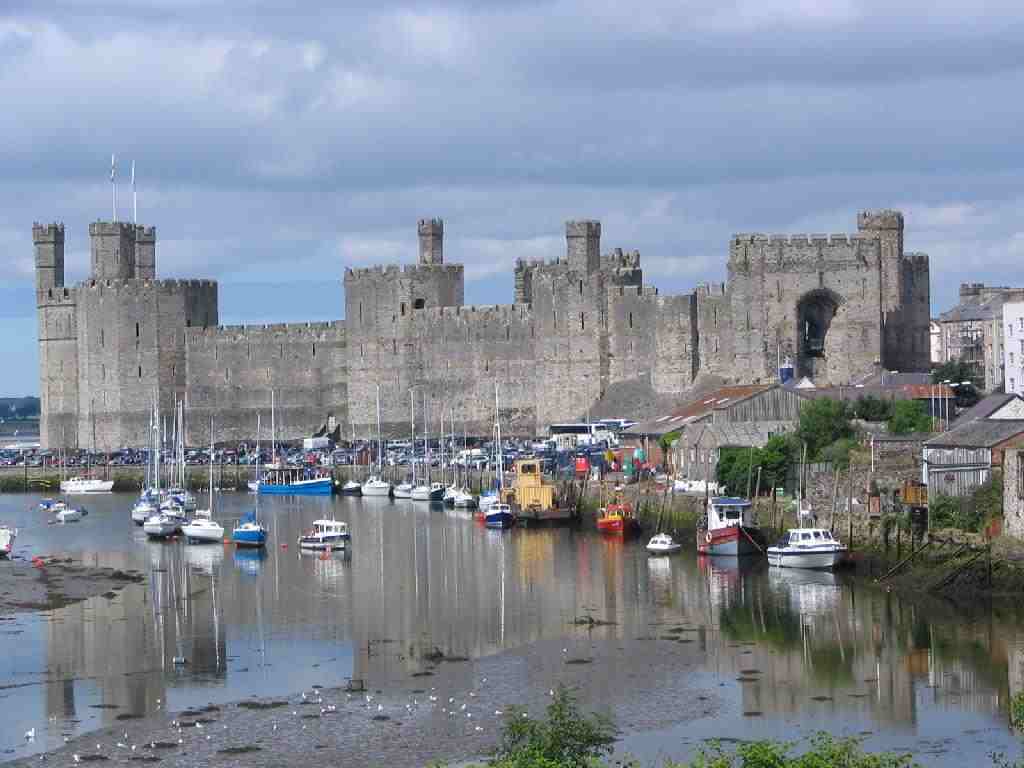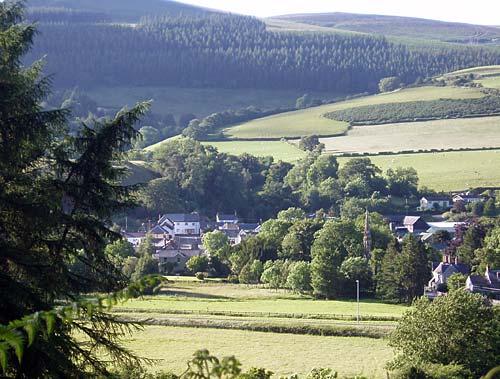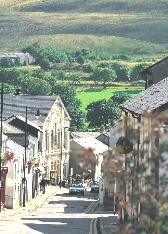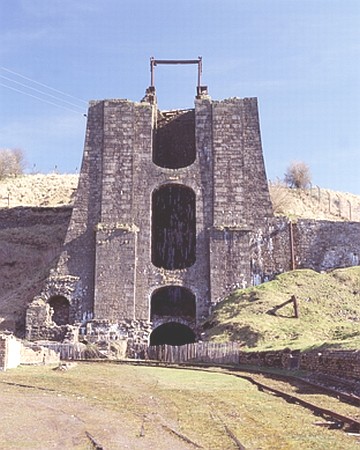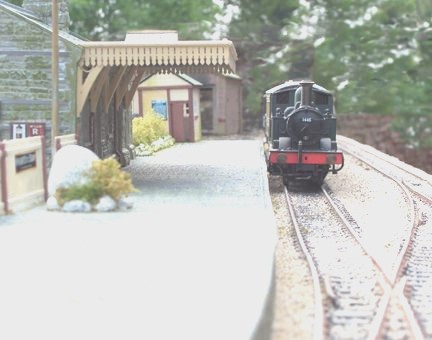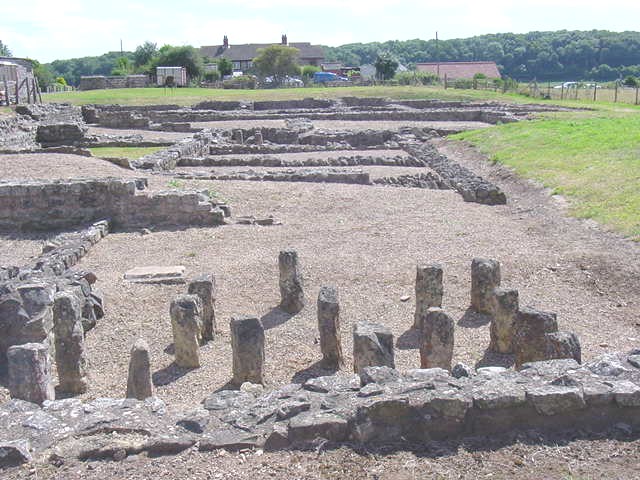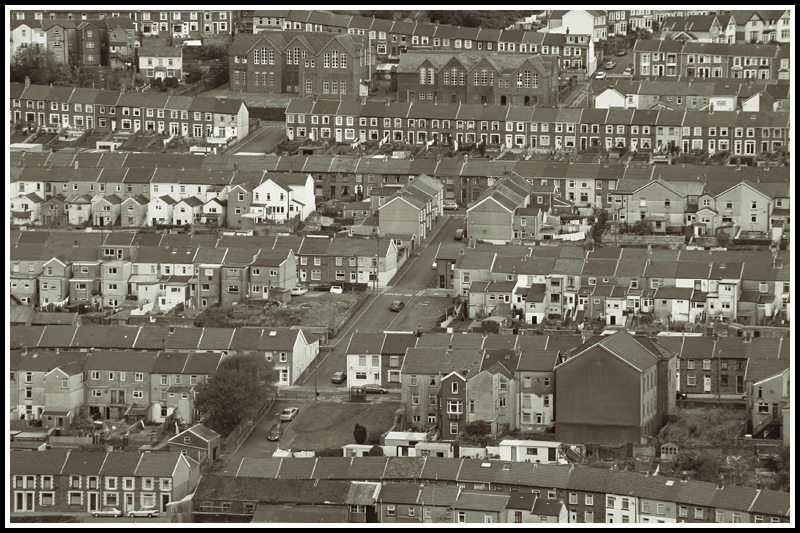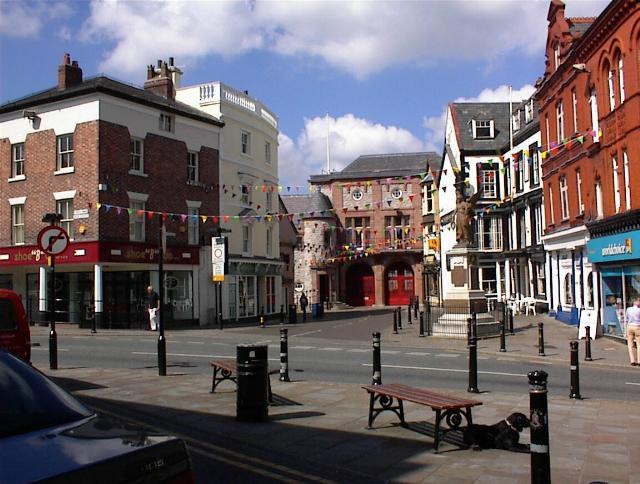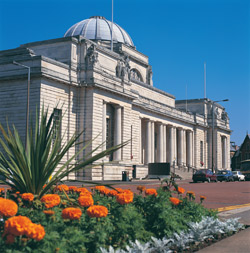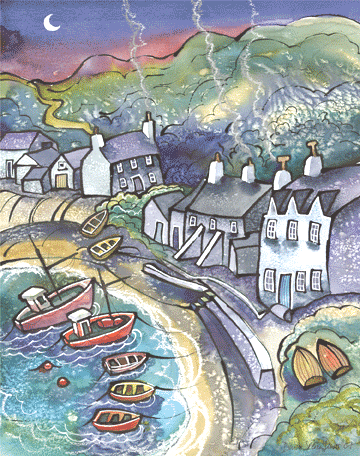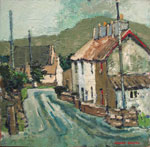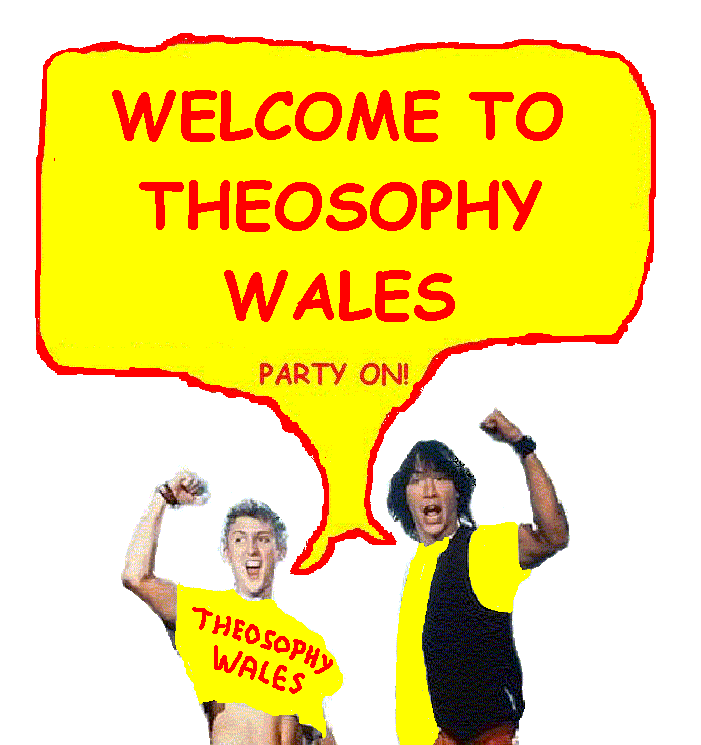
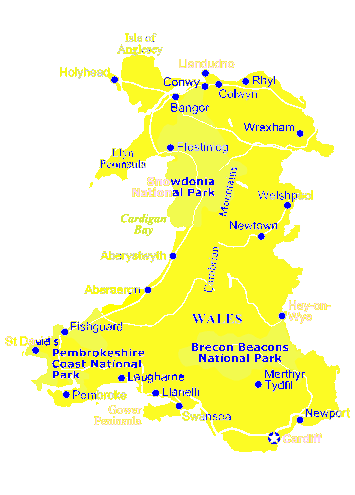
____________
THE
OF
THEOSOPHY
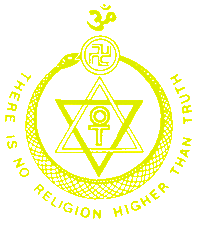
A
Definitive Work on Theosophy
By
William
Quan Judge
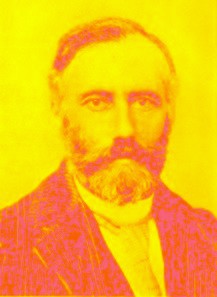
CHAPTER 12
Kama Loka
Let us now
consider the states of man after the death of the body and before birth, having
looked over the whole field of the evolution of things and beings in a general way.
This brings up at once the questions: Is there any heaven or hell, and what are
they? Are they states or places? Is there a spot in space
where they
may be found and to which we go or from where we come? We must also go back to
the subject of the fourth principle of the constitution of man, that called
Kama in Sanskrit and desire or passion in English. Bearing in mind what was
said about that principle, and also the teaching in respect to the astral body
and the Astral Light, it will be easier to understand what is taught about the
two states ante and post mortem. In chronological order we go into kama loka -- or the plane of
desire -- first on the demise of the body, and then the higher principles, the
real man, fall into the state of Devachan.
After dealing
with kama loka it will be
more easy to study the question of Devachan. The breath leaves the body and we
say the man is dead, but that is only the beginning of death; it proceeds on
other planes. When the frame is cold and eyes closed, all the forces of the
body and mind rush through the brain, and by a series of pictures the whole
life just ended is imprinted indelibly on the inner man not only in a general
outline but down to the smallest detail of even the most minute and fleeting
impression. At this moment, though every indication leads the physician to
pronounce for death and though to all intents and purposes the person is dead
to this life, the real man is busy in the brain, and not until his work there
is ended is the person gone. When this solemn work is over the astral body
detaches itself from the physical, and, life energy having departed, the
remaining five principles are in the plane of kama loka.
The natural
separation of the principles brought about by death divides the total man into
three parts:
First, the
visible body with all its elements left to further disintegration on the earth
plane, where all that it is composed of is in time resolved into the different
physical departments of nature.
Second, the kama rupa made up of the astral
body and the passions and desires, which also begins at once to go to pieces on
the astral plane;
Third, the
real man, the upper triad of Atma-Buddhi-Manas, deathless but now out of earth
conditions, devoid of body, begins in devachan to function
solely as mind clothed in a very ethereal vesture which it will shake off when
the time comes for it to return to earth.
Kama loka -- or the place of desire -- is the astral region
penetrating and surrounding the earth. As a place it is on and in and about the
earth. Its extent is to a measurable distance from the earth, but the ordinary
laws obtaining here do not obtain there, and entities therein are not under the
same conditions as to space and time as we are. As a state it is metaphysical,
though that metaphysic relates to the astral plane. It is called the plane of
desire because it relates to the fourth principle, and in it the ruling force
is desire devoid of and divorced from intelligence.
It is an
astral sphere intermediate between earthly and heavenly life. Beyond any doubt
it is the origin of the Christian theory of purgatory, where the soul undergoes
penance for evil done and from which it can be released by prayer and other
ceremonies or offerings.
The fact
underlying this superstition is that the soul may be detained in kama loka by the enormous force
of some unsatisfied desire, and cannot get rid of the astral and kamic clothing until that desire is satisfied by some one
on earth or by the soul itself. But if the person was pure minded and of high
aspirations,
the
separation of the principles on that plane is soon completed, permitting the
higher triad to go into Devachan. Being the purely astral sphere, it partakes
of the nature of the astral matter which is essentially earthly and devilish,
and in it all the forces work undirected by soul or conscience. It is the
slag-pit, as it were, of the great furnace of life, where nature provides for
the sloughing off of elements which have no place in Devachan, and for that
reason it must have many degrees, every one of which was noted by the ancients.
These degrees
are known in Sanskrit as lokas or places in a
metaphysical sense. Human life is very varied as to character and other
potentialities, and for each of these the appropriate place after death is
provided, thus making kama loka
an
infinitely
varied sphere. In life some of the differences among men are modified and some
inhibited by a similarity of body and heredity, but in kama
loka all the hidden desires and passions are let
loose in consequence of the absence of body, and for that reason the state is
vastly more diversified than the life plane. Not only is it necessary to
provide for the natural varieties and
differences,
but also for those caused by the manner of death, about which something shall
be said. And all these various divisions are but the natural result of the life
thoughts and last thoughts of the persons who die on earth. It is beyond the
scope of this work to go into a description of all these degrees, inasmuch as
volumes would be needed to describe them, and then but few would understand.
To deal with kama loka compels us to deal also
with the fourth principle in the classification of man's constitution, and
arouses a conflict with modern ideas and education on the subject of the
desires and passions. It is generally supposed that the desires and passions
are inherent tendencies in the individual, and they have an altogether unreal
and misty appearance for the ordinary student. But in this system of philosophy
they are not merely inherent in the individual nor are they due to the body per
se. While the man is living in the world the desires and passions -- the
principle kama -- have no separate life apart from
the astral and inner man, being, so to say, diffused throughout his being. But
as they coalesce with the astral body after death and thus form an entity with
its own term of life, though without soul, very important questions arise.
During mortal
life the desires and passions are guided by the mind and soul; after death they
work without guidance from the former master; while we live we are responsible
for them and their effects, and when we have left this life we are still
responsible, although they go on working and making effects on others while
they last as the sort of entity I have described, and without our direct
guidance. In this is seen the continuance of responsibility.
They are a
portion of the skandhas -- well known in eastern
philosophy -- which are the aggregates that make up the man. The body includes
one set of the skandhas, the astral man another, the kama principle is another set, and still others pertain to
other parts. In kama are the really active and
important ones which control rebirths and lead to all the varieties of life and
circumstance upon each rebirth.
They are
being made from day to day under the law that every thought combines instantly
with one of the elemental forces of nature, becoming to that extent an entity
which will endure in accordance with the strength of the thought as it leaves
the brain, and all of these are inseparably connected with the being who
evolved them. There is no way of escaping; all we can do is
to have
thoughts of good quality, for the highest of the Masters themselves are not
exempt from this law, but they "people their current in space" with
entities powerful for good alone.
Now in kama loka this mass of desire and
thought exists very definitely until the conclusion of its disintegration, and
then the remainder consists of the essence of these skandhas,
connected, of course, with the being that evolved and had them. They can no
more be done away with than we can blot out the universe.
Hence they
are said to remain until the being comes out of devachan,
and then at once by the law of attraction they are drawn to the being, who from
them as germ or basis builds up a new set of skandhas
for the new life. Kama loka therefore is
distinguished from the earth plane by reason of the existence therein,
uncontrolled and unguided, of the mass of passions and desires; but at the same
time earth-life is also a kama loka,
since it is largely governed by the principle kama,
and will be so until at a far distant time in the course of evolution the races
of men shall have developed the fifth and sixth principle, thus throwing kama into its own sphere and freeing earth-life from its
influence.
The astral
man in kama loka is a mere
shell devoid of soul and mind, without conscience and also unable to act unless
vivified by forces outside of itself. It has that which seems like an animal or
automatic consciousness due wholly to the very recent association with the
human Ego. For under the principle laid
down in
another chapter, every atom going to make up the man has a memory of its own
which is capable of lasting a length of time in proportion to the force given
it. In the case of a very material and gross or selfish person the force lasts
longer than in any other, and hence in that case the automatic consciousness
will be more definite and bewildering to one who without knowledge dabbles with
necromancy. Its purely astral portion contains and carries the record of all
that ever passed before the person when living, for one of the qualities of the
astral substance is to absorb all scenes and pictures and the impressions of
all thoughts, to keep them, and to throw them forth by reflection when the
conditions permit.
This astral
shell, cast off by every man at death, would be a menace to all men were it not
in every case, except one which shall be mentioned, devoid of all the higher
principles which are the directors. But those guiding constituents being
disjoined from the shell, it wavers and floats about from place to place
without any will of its own, but governed wholly by attractions in the astral
and magnetic fields.
It is
possible for the real man -- called the spirit by some -- to communicate with
us immediately after death for a few brief moments, but, those passed, the soul
has no more to do with earth until reincarnated. What can and do influence the
sensitive and the medium from out of this sphere are the shells I have
described. Soulless and conscienceless, these in no sense are the spirits of
our deceased ones. They are the clothing thrown off by the inner man, the
brutal earthly portion discarded in the flight to devachan,
and so have always been considered by the ancients as devils -- our personal
devils -- because essentially astral, earthly, and passional.
It would be strange indeed if this shell, after being for so long the vehicle
of the real man on earth, did not retain an automatic memory and consciousness.
We see the decapitated body of the frog or the cock moving and acting for a
time with a seeming intelligence, and why is it not possible for the finer and
more subtle astral form to act and move with a far greater amount of seeming
mental direction?
Existing in
the sphere of kama loka,
as, indeed, also in all parts of the globe and the solar system, are the elementals
or nature forces. They are innumerable, and their divisions are almost
infinite, as they are, in a sense, the nerves of nature. Each class has its own
work just as has every natural element or thing.
As fire burns
and as water runs down and not up under their general law, so the elementals
act under law, but being higher in the scale than gross fire or water their
action seems guided by mind. Some of them have a special relation to mental
operations and to the action of the astral organs, whether these be joined to a
body or not. When a medium forms the channel, and also from other natural
co-ordination, these elementals make an artificial connection with the shell of
a deceased person, aided by the nervous fluid of the medium and others near,
and then the shell is galvanized into an artificial life. Through the medium
connection is made with the physical and psychical forces of all present.
The old
impressions on the astral body give up their images to the mind of the medium,
the old passions are set on fire. Various messages and reports are then
obtained from it, but not one of them is original, not one is from the spirit.
By their
strangeness, and in consequence of the ignorance of those who dabble in it,
this is mistaken for the work of spirit, but it is all from the living when it
is not the mere picking out from the astral light of the images of what has
been in the past. In certain cases to be noted there is an intelligence at work
that is
wholly and intensely bad, to which every medium is subject, and which will
explain why so many of them have succumbed to evil, as they have confessed.
A rough
classification of these shells that visit mediums would be as follows:
(1) Those of
the recently deceased whose place of burial is not far away. This class will be
quite coherent in accordance with the life and thought of the former owner. An unmaterial, good, and spiritualized person leaves a shell
that will soon disintegrate. A gross, mean, selfish, material person's shell
will be heavy, consistent, and long lived: and so on with all varieties.
(2) Those of
persons who had died far away from the place where the medium is. Lapse of time
permits such to escape from the vicinity of their old bodies, and at the same
time brings on a greater degree of disintegration which corresponds on the
astral plane to putrefaction on the physical.
These are
vague, shadowy, incoherent; respond but briefly to the psychic stimulus, and
are whirled off by any magnetic current. They are galvanized for a moment by the
astral currents of the medium and of those persons present who were related to
the deceased.
(3) Purely
shadowy remains which can hardly be given a place. There is no English to
describe them, though they are facts in this sphere. They might be said to be
the mere mould or impress left in the astral substance by the once coherent
shell long since disintegrated. They are therefore so near being fictitious as
to almost deserve the designation. As such
shadowy
photographs they are enlarged, decorated, and given an imaginary life by the
thoughts, desires, hopes, and imaginings of medium and sitters at the seance.
(4) Definite,
coherent entities, human souls bereft of the spiritual tie, now tending down to
the worst state of all, avitchi, where annihilation
of the personality is the end. They are known as black magicians. Having
centered the consciousness in the principle of kama,
preserved intellect, divorced themselves from spirit, they are the only damned
beings we know. In life they had human bodies and reached their awful state by
persistent lives of evil for its own sake; some of such already doomed to
become what I have described, are among us on earth today. These are not
ordinary shells, for they have centered all their force in kama,
thrown out every spark of good thought or aspiration, and have a complete
mastery of the astral sphere. I put them in the classification of shells
because they are such in the sense that they are doomed to disintegration
consciously as the others are to the same end mechanically only.
They may and
do last for many centuries, gratifying their lusts through any sensitive they
can lay hold of where bad thought gives them an opening. They preside at nearly
all seances, assuming high names and taking the
direction so as to keep the control and continue the delusion of the medium,
thus enabling themselves to have a convenient channel for their own evil
purposes. Indeed, with the shells of suicides, of those poor wretches who die
at the hand of the law, of drunkards and gluttons, these black magicians living
in the astral world hold the field of physical mediumship
and are liable to invade the sphere of any medium no matter how good.
The door once
open, it is open to all. This class of shell has lost higher manas, but in the struggle not only after death but as well
in life the lower portion of manas which should have
been raised up to godlike excellence was torn away from its lord and now gives
this entity intelligence which is devoid of spirit but power to suffer as it
will when its final day shall come.
In the state
of Kama Loka suicides and those who are suddenly shot out of life by accident
or murder, legal or illegal, pass a term almost equal to the length life would have
been but for the sudden termination. These are not really dead.
To bring on a
normal death, a factor not recognized by medical science must be present. That
is, the principles of the being as described in other chapters have their own
term of cohesion, at the natural end of which they separate from each other
under their own laws. This involves the great subject of the cohesive
forces of the
human subject, requiring a book in itself. I must be content therefore with the
assertion that this law of cohesion obtains among the human principles. Before
that natural end the principles are unable to separate.
Obviously the
normal destruction of the cohesive force cannot be brought about by mechanical
processes except in respect to the physical body. Hence a suicide, or person
killed by accident or murdered by man or by order of human law, has not come to
the natural termination of the cohesion among the other
constituents,
and is hurled into the kama loka
state only partly dead. There the remaining principles have to wait until the
actual natural life term is reached, whether it be one month or sixty years.
But the
degrees of kama loka
provide for the many varieties of the last-mentioned shells. Some pass the
period in great suffering, others in a dreamy sort of sleep, each according to
the moral responsibility. But executed criminals are in general thrown out of
life full of hate and revenge, smarting under a penalty they do not admit the
justice of. They are ever rehearsing in kama loka their crime, their trial, their execution, and their
revenge. And whenever they can gain touch with a sensitive living person,
medium or not, they attempt to inject thoughts of murder and other crime into
the brain of such unfortunate. And that they succeed in such attempts the
deeper students of
Theosophy full well know.
We have now
approached devachan. After a certain time in kama loka the being falls into a
state of unconsciousness which precedes the change into the next state. It is
like the birth into life, preluded by a term of
darkness and heavy sleep. It then wakes to the joys of devachan.
ARGUMENTS SUPPORTING REINCARNATION
DIFFERENTIATION
OF SPECIES MISSING LINKS
PSYCHIC LAWS, FORCES, AND PHENOMENA
PSYCHIC
PHENOMENA AND SPIRITUALISM
______________________
THE
OF
THEOSOPHY

Find out
more about
Theosophy
with these links
The Cardiff Theosophical Society Website
The National Wales Theosophy Website
If you
run a Theosophy Group, please feel free
to use any of the
material on this site
The Most Basic Theosophy
Website in the Universe
A quick overview of Theosophy
and the Theosophical Society
If you run a Theosophy Group you
can use this as an introductory handout.
Theosophy Cardiff’s Instant Guide
One liners and quick explanations
H P Blavatsky is
usually the only
Theosophist that
most people have ever
heard of. Let’s put
that right
The Voice of the Silence Website
An Independent Theosophical Republic
Links to Free Online Theosophy
Study Resources; Courses,
Writings,
The main criteria
for the inclusion of
links on this site is
that they have some
relationship (however
tenuous) to Theosophy
and are lightweight,
amusing or entertaining.
Topics include
Quantum Theory and Socks,
Dick Dastardly and Legendary Blues Singers.
A selection of
articles on Reincarnation
Provided in
response to the large
number of enquiries we
receive at
Cardiff
Theosophical Society on this subject
The Voice of the Silence Website
This is for everyone, you don’t have to live
in Wales to make good use of this Website
No
Aardvarks were harmed in the
The Spiritual Home of Urban Theosophy
The Earth Base for Evolutionary Theosophy
Theosophy Birmingham (England)
The Birmingham Annie Besant Lodge
Theosophy Cardiff
has links with the
_______________________
Your Own
Theosophy Group Starts Here
A Guide to
starting your own
Theosophy Group
& of course
you don’t need to live in Wales
to take advantage
of this guide
__________________
The
Theosophy Cardiff
Glastonbury
Pages
The Theosophy Cardiff Guide to
The Theosophy Cardiff Guide to
The Theosophy Cardiff Guide to
The Terraced Maze of Glastonbury Tor
Glastonbury and
Joseph of Arimathea
The Grave of King Arthur & Guinevere
Views of Glastonbury High Street
The Theosophy Cardiff Guide to
__________________
Camberley,
Surrey, England GU15 2LF
Concerns about the fate of the
wildlife as
Tekels Park is to
be Sold to a Developer
Concerns are raised
about the fate of the
wildlife as The Spiritual Retreat,
Tekels Park in
Camberley, Surrey,
England is to be
sold to a developer.
Tekels Park is a 50
acre woodland park,
purchased for the Adyar Theosophical
It doesn’t require a Diploma in Finance
and even someone with
a Diploma in
Astral Travel will
know that this is a
bad time economically to sell Tekels Park
In addition to
concern about the park,
many are worried about the future
of the Tekels Park
Deer as they
Confusion as the Theoversity moves out of
Tekels Park to
Southampton, Glastonbury &
Chorley in
Lancashire while the leadership claim
that the Theosophical
Society will carry on using
Tekels Park despite its sale to a developer
Anyone planning a
“Spiritual” stay at the
Tekels Park Guest
House should be aware of the sale.
Future
of Tekels Park Badgers in Doubt
Party On!
Tekels Park Theosophy NOT
Tekels Park & the Loch Ness Monster
A Satirical view of
the sale of Tekels Park
in Camberley, Surrey
to a developer
The Toff’s Guide to the Sale of
Tekels Park
What the men in top
hats have to
say about the sale of
Tekels Park
____________________
A B C D EFG H IJ KL M N OP QR S T UV WXYZ
Complete Theosophical Glossary in Plain Text Format
1.22MB
Theosophy Cardiff Nirvana Pages
Quick Explanations
with Links to More Detailed Info
What is Theosophy
? Theosophy Defined (More Detail)
Three Fundamental Propositions
Key Concepts of Theosophy
Cosmogenesis Anthropogenesis Root Races
Ascended Masters After Death States
The Seven Principles of Man Karma
Reincarnation Helena Petrovna Blavatsky
Colonel Henry Steel Olcott William Quan Judge
The Start of the Theosophical
Society
History of the Theosophical
Society
Theosophical Society Presidents
History of the Theosophical
Society in Wales
The Three Objectives of the
Theosophical Society
Explanation of the Theosophical
Society Emblem
The Theosophical Order of
Service (TOS)
Glossaries of Theosophical Terms
by
Annie Besant
THE BUDDHIC AND NIRVANIC PLANES
______________________
Annie Besant Visits Cardiff 1924
An Outstanding
Introduction to Theosophy
By a student of
Katherine Tingley
Elementary Theosophy Who is the Man? Body and Soul
Body, Soul and Spirit Reincarnation Karma
What Theosophy Is From the Absolute to Man
The Formation of a Solar System The Evolution of Life
The Constitution of Man After Death Reincarnation
The Purpose of Life The Planetary Chains
The Result of Theosophical Study
An
Outline of Theosophy
Charles
Webster Leadbeater
Theosophy - What it is How is it Known? The Method of Observation
General Principles The Three Great Truths The Deity
Advantage Gained from this
Knowledge The Divine Scheme
The Constitution of Man The True Man Reincarnation
The Wider Outlook Death Man’s Past and Future
Cause and Effect What Theosophy does for us
Try
these if you are looking for a local
Theosophy
Group or Centre
UK Listing of Theosophical Groups
Please tell us about your UK Theosophy Group
___________________
into categories and
presented according to relevance of website.
Web Directory - Add Link - Submit Article - Online Store - Forum
Cardiff, Wales, UK, CF24 – 1DL
_________________
Wales Picture
Gallery
The Great Orme
llandudno Promenade
Great Orme Tramway
New Radnor
Blaenavon Ironworks
Llandrindod Wells
Cardiff
Theosophical Society in Wales
Cardiff, Wales, UK. CF24 – 1DL
Presteign Railway
Caerwent
Roman Ruins
Denbigh
Nefyn
Penisarwaen
Cardiff
Theosophical Society in Wales
Cardiff, Wales, UK. CF24 – 1DL

